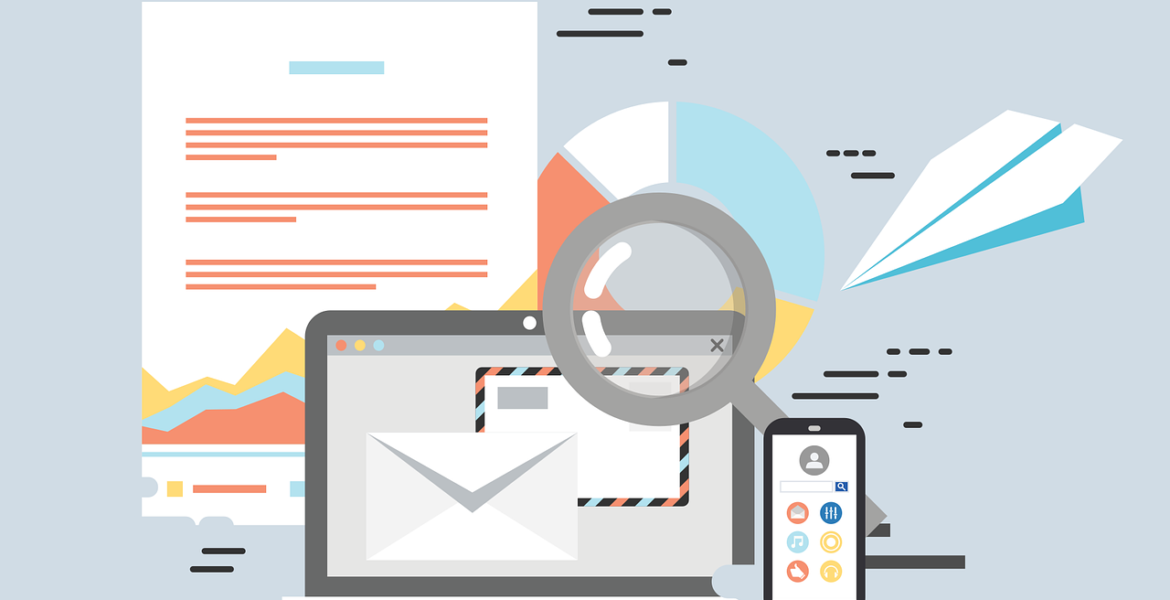
Future-Proofing Your Business: Preparing for the AI-Driven Economy
Are you worried about how the rapid advancements in AI technology might affect your business? You’re not alone. Many business owners share your concerns, wondering how to stay competitive in an increasingly AI-driven economy. As AI continues to revolutionise industries, preparing your business for these changes is not just an option—it’s a necessity. In this article, you will learn how to future-proof your business by understanding the impact of AI, identifying opportunities, and implementing strategic changes to stay ahead of the curve.
Understanding the Impact of AI on Business
AI is transforming the way businesses operate across various sectors. From automating repetitive tasks to providing deep insights through data analysis, AI enhances efficiency, reduces costs, and drives innovation. Key areas where AI is making significant impacts include:
Automation AI-powered automation is streamlining processes, reducing the need for manual intervention. This includes everything from customer service chatbots to advanced manufacturing robots.
Data Analysis AI algorithms can process vast amounts of data at unprecedented speeds, providing actionable insights that drive better decision-making and strategy formulation.
Personalisation AI enables businesses to offer personalised experiences to customers by analysing their behaviour and preferences, leading to increased customer satisfaction and loyalty.
Identifying Opportunities for AI Integration
To future-proof your business, it’s crucial to identify areas where AI can add value. Consider the following opportunities:
Operational Efficiency Implement AI-driven tools to automate routine tasks, such as inventory management, invoicing, and customer support. This can significantly reduce operational costs and improve efficiency.
Customer Insights Use AI analytics to gain a deeper understanding of your customers. By analysing purchasing patterns and feedback, AI can help you tailor your products and services to meet customer needs more effectively.
Marketing and Sales AI can enhance your marketing efforts by predicting customer behaviour, optimising ad targeting, and providing personalised recommendations. This leads to more effective campaigns and higher conversion rates.
Product Development Leverage AI to innovate and improve your products. AI can help identify market trends, optimise design processes, and even predict the success of new product launches.
Implementing AI in Your Business Strategy
Start Small Begin with pilot projects to understand how AI can benefit your business. Choose a specific area to focus on, such as customer service automation or sales forecasting, and measure the results.
Invest in Training Equip your team with the necessary skills to work alongside AI technologies. Invest in training programmes to ensure your employees understand AI tools and can leverage them effectively.
Collaborate with Experts Consider partnering with AI experts or consultants who can guide you through the integration process. Their expertise can help you avoid common pitfalls and maximise the benefits of AI.
Emphasise Data Security As you incorporate AI, ensure that data security is a top priority. Implement robust security measures to protect sensitive information and comply with relevant regulations.
Staying Ahead of AI Trends
Continuous Learning Stay informed about the latest AI advancements and trends. Attend industry conferences, participate in webinars, and read relevant publications to keep your knowledge up-to-date.
Adaptability Be prepared to adapt your business strategy as AI technology evolves. Flexibility and willingness to embrace change are crucial for staying competitive in an AI-driven economy.
Innovation Culture Foster a culture of innovation within your organisation. Encourage your team to explore new ideas and experiment with AI technologies to drive continuous improvement.
Real-Life Success Stories
Consider the example of a retail company that integrated AI to enhance customer experience. By implementing AI-powered chatbots, they reduced response times and improved customer satisfaction. Additionally, AI-driven analytics helped them optimise inventory management, reducing costs and increasing sales.
Another example is a manufacturing firm that adopted AI for predictive maintenance. By analysing data from equipment sensors, AI predicted failures before they occurred, reducing downtime and saving the company significant costs.
The AI-driven economy is not a distant future—it’s here, and it’s transforming businesses across all sectors. To future-proof your business, it’s essential to understand the impact of AI, identify opportunities for integration, and implement strategic changes. By doing so, you can enhance efficiency, improve customer satisfaction, and stay ahead of the competition. Embrace AI as a tool for innovation and growth, and prepare your business for the exciting opportunities that lie ahead.
